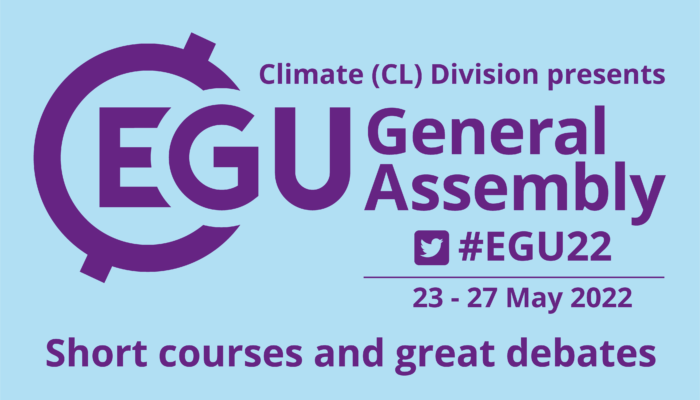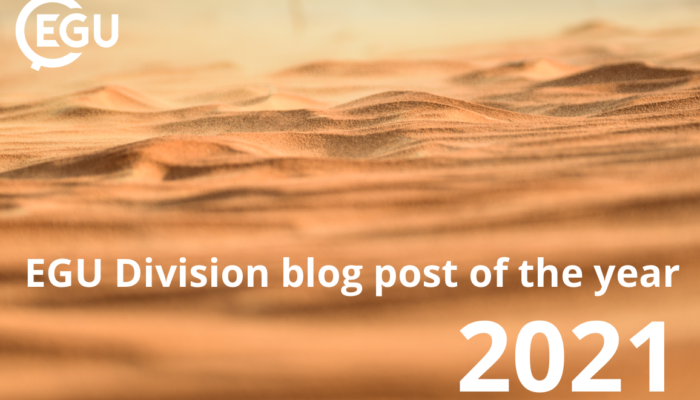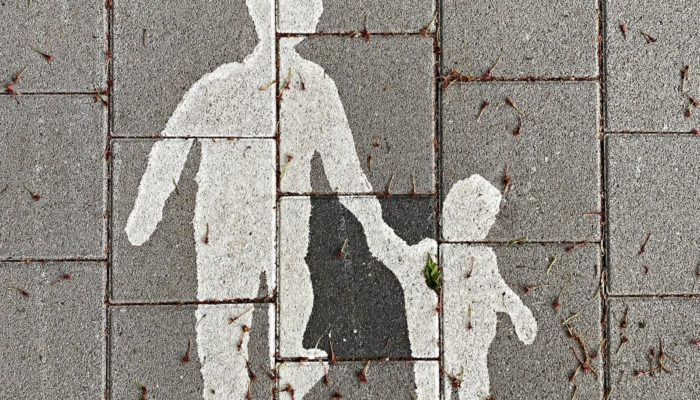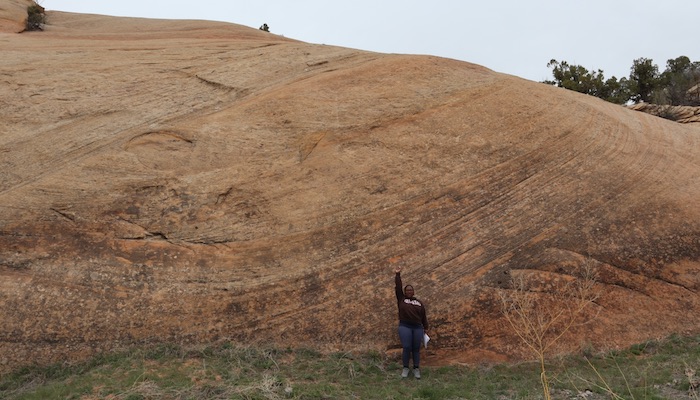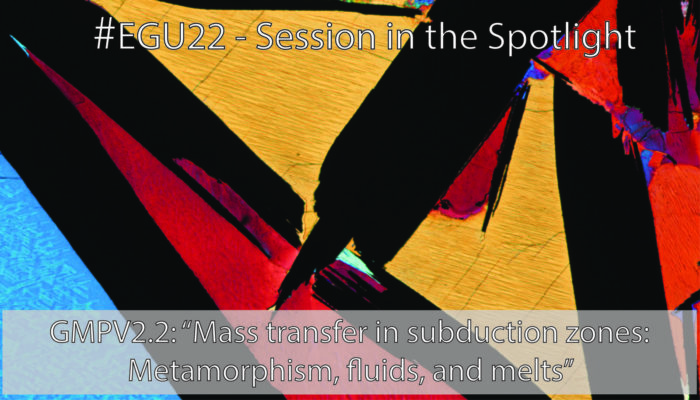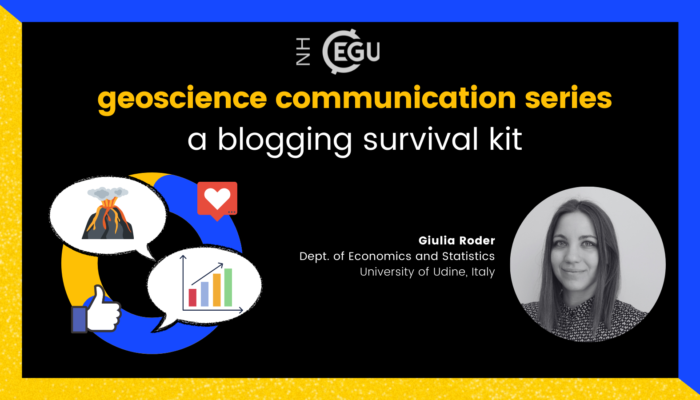Hello Federico, thank you for agreeing to talk with us! Could you introduce yourself? Hello Simon, thanks for inviting me for this talk! As you can probably guess from my name, I am Italian. I completed my studies in Italy obtaining a master’s degree in Engineering and a PhD in Innovation and Sustainable Development Engineering. Then, three and a half years ago I moved to Switzerland for a Postdoc ...[Read More]
If you didn't find what you was looking for try searching again.
Climate: Past, Present & Future
Don’t miss out on these awesome #EGU22 activities!
Dear climate enthusiasts, EGU lovers, and early/senior climate scientists, With #EGU22 approaching, we wanted to give you a quick overview of the great short courses and great debates that are planned for this years’ General Assembly! If you want to learn more about the scientific sessions offered, please have a look at our Seasonal love letter from December. Short Courses If you are about to fini ...[Read More]
Geodynamics
Catching up with Iris van Zelst on everything outreach, science communication, and vlogging
Following from last week’s post on the Science Sisters series, this week we sit with outreach extraordinaire and EGU GD blog editor-in-chief Iris van Zelst to talk about all things scicom, vlogging and a new geological time game that you do not want to miss out on! Hi Iris, thanks for chatting with us! First things first tell us a little bit about yourself and what you do! Thank you very much for ...[Read More]
GeoLog
Congratulations to the winners of the EGU Best Blog Posts of 2021
At EGU, we like to believe that a new year is more meaningful when we pause to look back at the year gone by – just a brief glimpse to appreciate all our good work and progress! 2021 was certainly an excellent year for our blogging network at EGU. Across the EGU’s official blog, GeoLog and division blogs we had so many inspiring, thought-provoking and even entertaining posts this year. Thank you t ...[Read More]
Atmospheric Sciences
Parenting in Academia: Challenges and Perspectives
Trying to juggle teaching, advising, publishing, finding a new (or permanent) job, relocating, attending conferences, and actually doing research sometimes requires more hours in the day than exist (oh and that global pandemic situation is sticking around). Additionally, many scientists have children or are starting a family at the same time as maintaining and building a career. In this week’s blo ...[Read More]
Climate: Past, Present & Future
Parenting in Academia: Challenges and Perspectives
Trying to juggle teaching, advising, publishing, finding a new (or permanent) job, relocating, attending conferences, and actually doing research sometimes requires more hours in the day than exist (oh and that global pandemic situation is sticking around). Additionally, many scientists have children or are starting a family at the same time as maintaining and building a career. In this week’s blo ...[Read More]
Cryospheric Sciences
Parenting in Academia: Challenges and Perspectives
Trying to juggle teaching, advising, publishing, finding a new (or permanent) job, relocating, attending conferences, and actually doing research sometimes requires more hours in the day than exist (oh and that global pandemic situation is sticking around). Additionally, many scientists have children or are starting a family at the same time as maintaining and building a career. In this week’s blo ...[Read More]
Geodynamics
Changing mid-degree: How did this Travelin’ Geo get here?
It can be tough realising you’re not on the path you want to be on. This week, we have Leiaka Welcome from the Colorado School of Mines showing us how a change of heart led her to start her PhD journey. Currently on social media (Instagram Reel, TikTok), there is a video trend where users are editing a video of themselves in a scenario with an audio sound where you can hear a classic record scratc ...[Read More]
Geochemistry, Mineralogy, Petrology & Volcanology
#EGU22 session in the spotlight: Mass transfer in subduction zones: Metamorphism, fluids, and melts
How to better start the new year than with submitting your abstract to #EGU22? In case you still did not find the right session yet, we have another great session in the spotlight today – GMPV 2.2 “Mass transfer in subduction zones: Metamorphism, fluids, and melts“, which focusses on the fundamental role fluid and melt expulsion from the slab plays in subduction zones. This inter ...[Read More]
Natural Hazards
Geoscience communication series: a blogging survival kit
Science communication is the practice of informing and inspiring the public about scientific knowledge. It comes in different forms, from documentaries, books, academic publishing, mass media journalism, to public talks. These days, digital communication, including blogging, vlogging, podcasting, and social media, has become an increasingly popular form of science communication, reaching a wide au ...[Read More]


